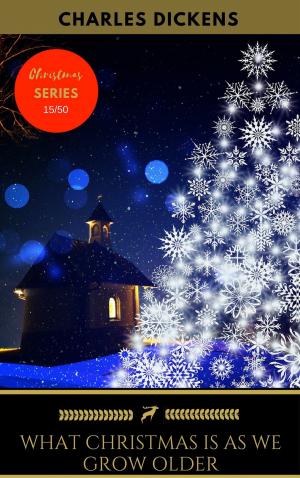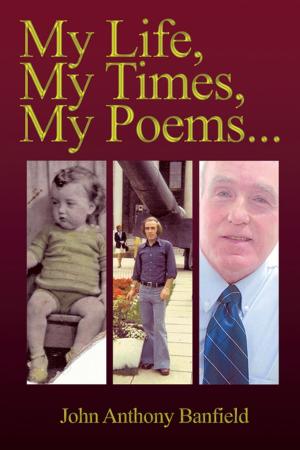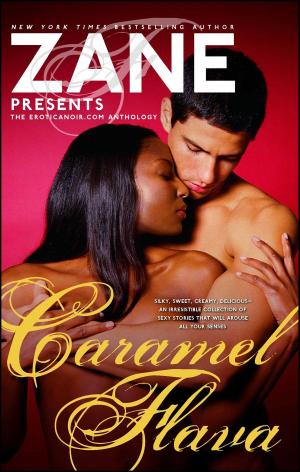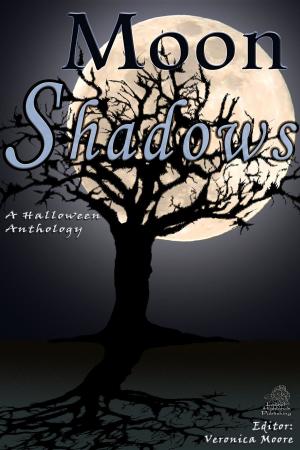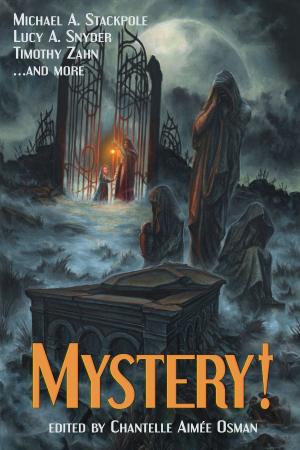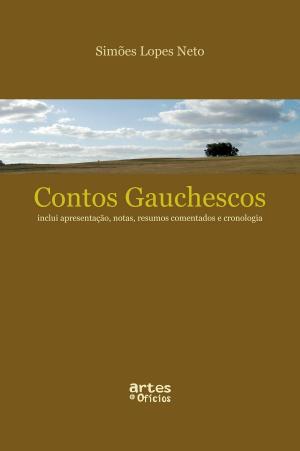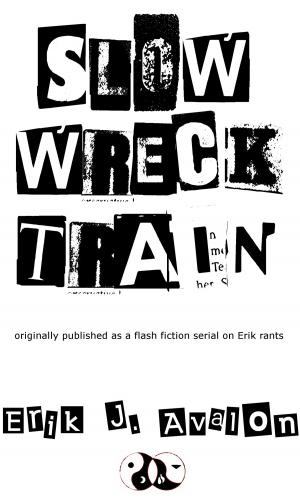The Trouble with Flying and other stories: Margaret River Short Story Competition 2014
Fiction & Literature, Anthologies| Author: | ISBN: | 9780987561534 | |
| Publisher: | Helm Wood Pty Ltd trading as Margaret River Press | Publication: | May 16, 2014 |
| Imprint: | Helm Wood Pty Ltd trading as Margaret River Press | Language: | English |
| Author: | |
| ISBN: | 9780987561534 |
| Publisher: | Helm Wood Pty Ltd trading as Margaret River Press |
| Publication: | May 16, 2014 |
| Imprint: | Helm Wood Pty Ltd trading as Margaret River Press |
| Language: | English |
The collection is made up of twenty four stories selected from the 216 entries to the annual Margaret River Short Story Competition. There is a strong sense throughout this collection of stories of characters playing their parts-sometimes on a large stage, but more frequently in a single room, or its equivalent. Stories about characters controlling their destinies are in the minority. If one could generalise about a connection between social issues and literary works, then it would seem that there is a prevailing concern out there with the fragility of relationships between men and women (especially those of middle age), the often challenging relationships between parents and children, and an anxiety about the realities of old age. This selection of stories encompasses a wide range of moods and modes as writers engage with issues to do with childhood, young adulthood, middle age, old age and death. The tone may be humourous or serious, meditative or flippant-but all are marked by telling insights into characters, circumstances and pressing social issues. As readers we emerge from the world of narrative with a heightened understanding, empathy, excitement, pleasure, alert to the fact that the world of story and the world of reality may well constitute a continuum-rather than a separation. Or, more economically put, all the world is, indeed, a stage.
The collection is made up of twenty four stories selected from the 216 entries to the annual Margaret River Short Story Competition. There is a strong sense throughout this collection of stories of characters playing their parts-sometimes on a large stage, but more frequently in a single room, or its equivalent. Stories about characters controlling their destinies are in the minority. If one could generalise about a connection between social issues and literary works, then it would seem that there is a prevailing concern out there with the fragility of relationships between men and women (especially those of middle age), the often challenging relationships between parents and children, and an anxiety about the realities of old age. This selection of stories encompasses a wide range of moods and modes as writers engage with issues to do with childhood, young adulthood, middle age, old age and death. The tone may be humourous or serious, meditative or flippant-but all are marked by telling insights into characters, circumstances and pressing social issues. As readers we emerge from the world of narrative with a heightened understanding, empathy, excitement, pleasure, alert to the fact that the world of story and the world of reality may well constitute a continuum-rather than a separation. Or, more economically put, all the world is, indeed, a stage.
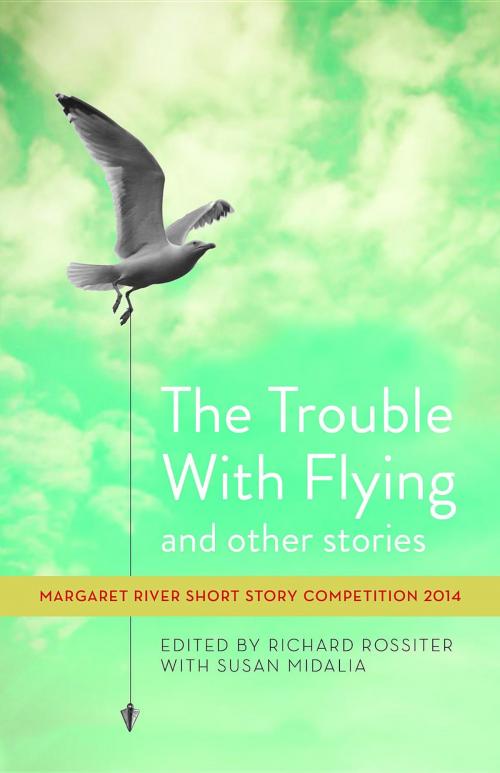


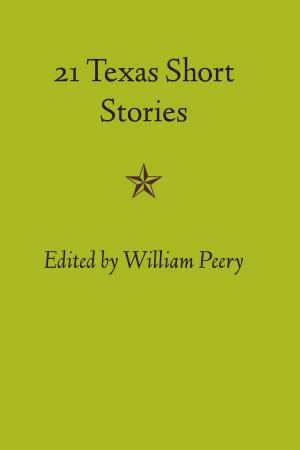
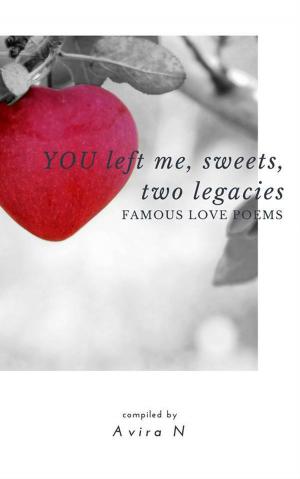
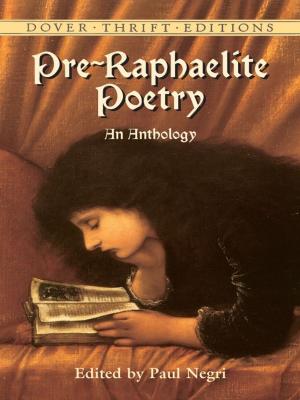
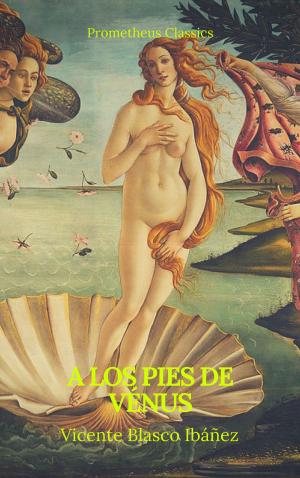
![Cover of the book Lew Wallace: The Complete Novels (Golden Deer Classics) [Ben-Hur, The Fair God, The Prince of India] by](https://www.kuoky.com/images/2012/september/300x300/9788822841650-DULI_300x.jpg)
